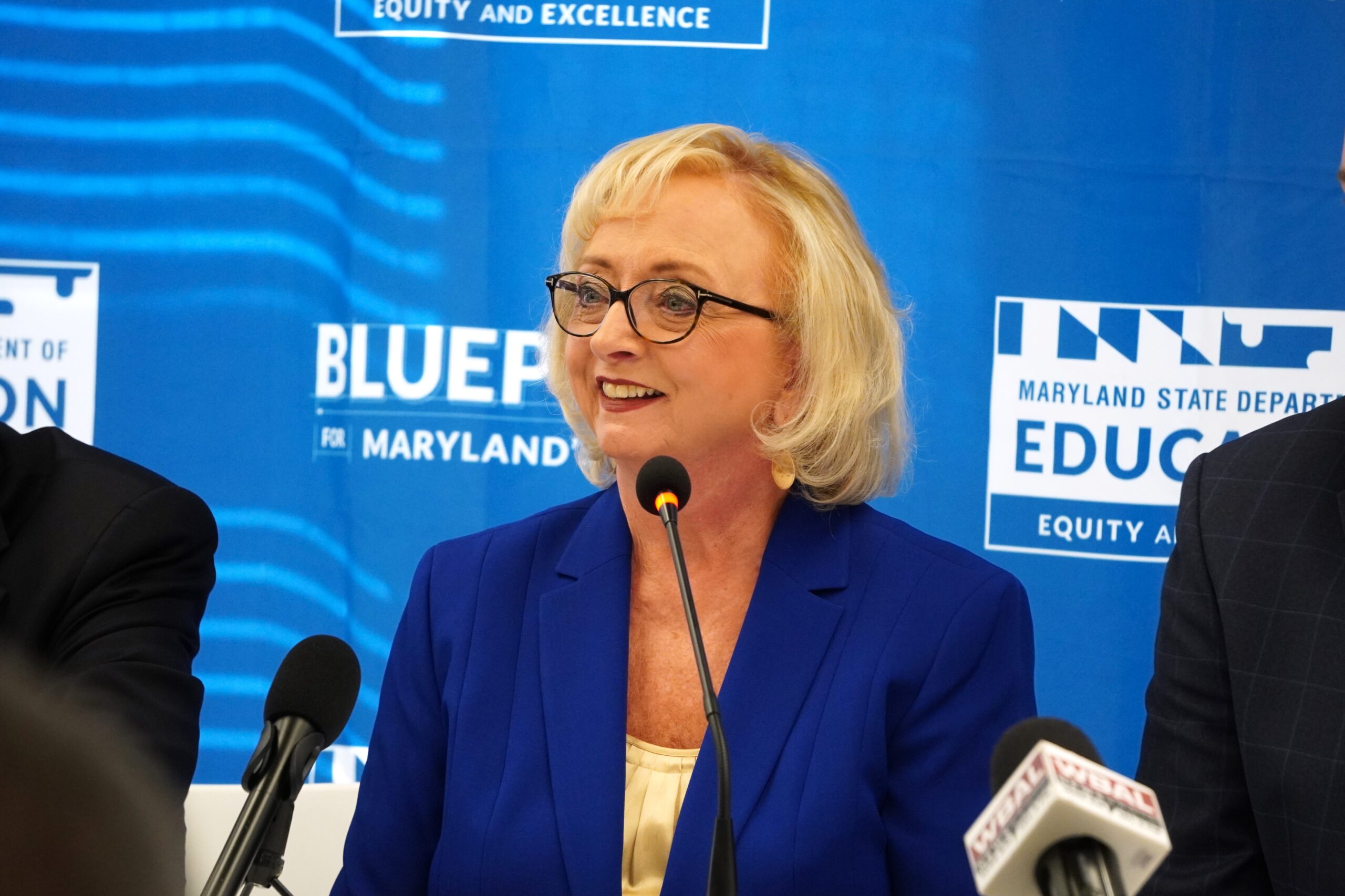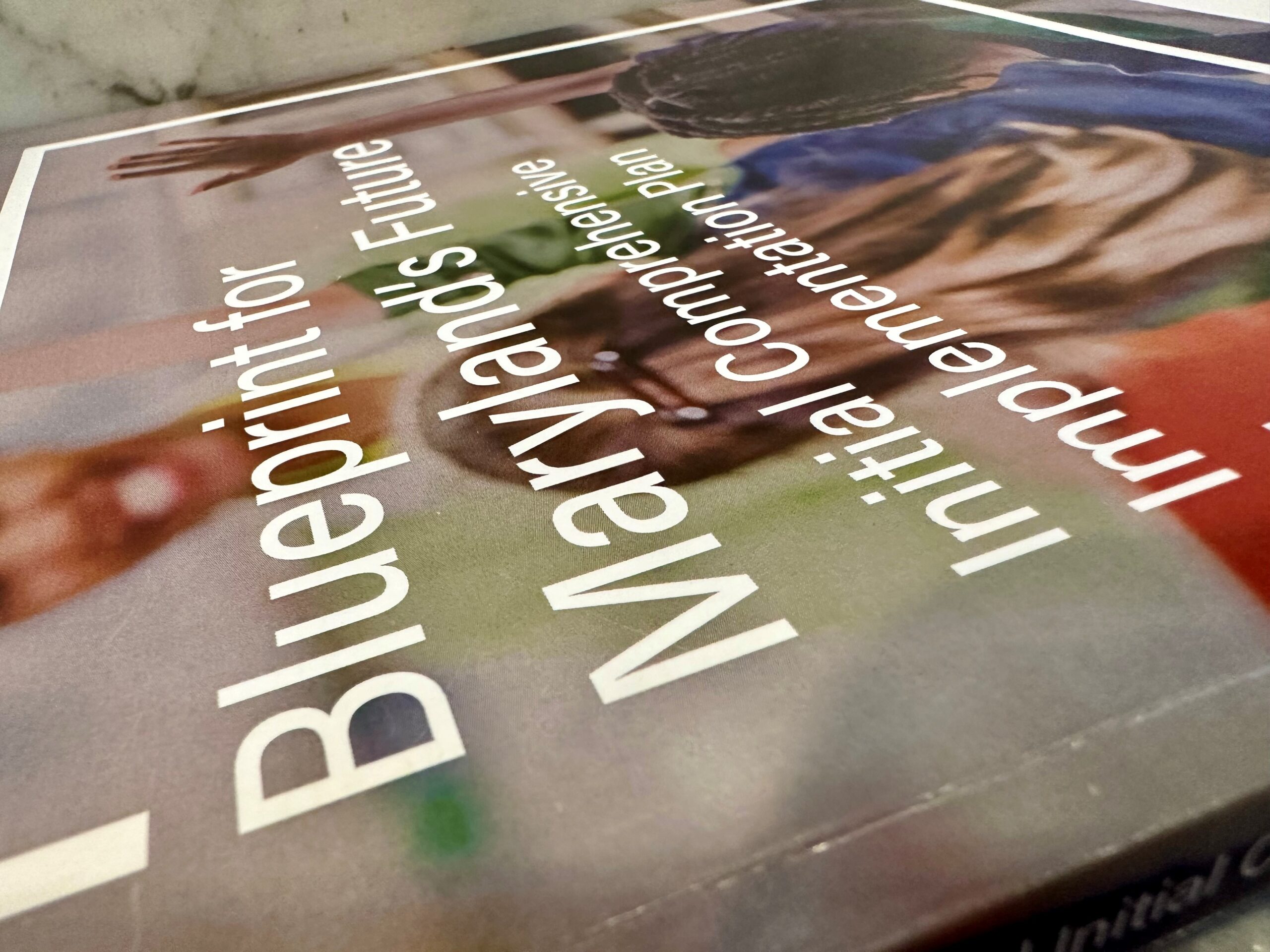Commentary: Educators call for social justice for Maryland’s multilingual learners

By Margarita Gómez, Drew S. Fagan and Gonzalo Baptista
Gómez is an associate professor of Literacy in Teacher Education at Loyola University Maryland. Fagan is Associate Clinical Professor and Coordinator of the Teaching English to Speakers of Other Languages (TESOL) Program at the University of Maryland, College Park, as well as the immediate past president of the Maryland TESOL Association. Baptista is an assistant professor of Spanish and Italian at Morgan State University.
Supporting our Maryland multilingual learners’ work to graduate with a college degree is a pressing social and racial justice issue. The Credit for All Language Learning (CALL) Act seeks to level the playing field for multilingual learners who currently do not receive credit for their English Language Learning coursework (which is not considered credit bearing, but is eligible for Pell grants).
This is definitely an equity issue, as we provide credit to most college students toward their degree for taking basic foreign language courses while multilingual learners who speak one, two, or more languages are not given credit for English courses that are equally, and many times more, rigorous.
At a time when we need multilingual professionals in many helping professions, such as health care and education, lawmakers ought to look at the CALL Act and must support multilingual learners. States like California and Rhode Island have already moved in this direction and are seeing the benefits of more college graduates.
To increase degree completion of talented multilingual students, who are also disproportionately immigrants of color and first-generation college students, the Maryland General Assembly should see the wisdom of allowing community colleges to award degree-applicable college credits for Pell-eligible English Language Learning courses. Lawmakers should also ensure that these credits are transferable to all public and private Maryland institutions of higher education as world language and humanities courses.
Using our overlapping but distinctive perspectives as faculty at a private university, public predominantly white institutions, and public HBCUs in Maryland, respectively, we believe the CALL Act will benefit all sectors of higher education, building on the work of our community college colleagues.
This bill will enhance the mission and vision of our universities and colleges. For example, Morgan State University, a prominent urban HBCU whose international student body is robust, will expand the diversity and multilingualism already present on campus, including different varieties of the English language. Its implementation, which will ease transfer pathways, is in alignment with Morgan’s current support of immigrants and undocumented students.
Providing credit for our multilingual learners for their language courses would help them successfully navigate coursework and complete degrees without further barriers to education. Additionally, it would open up pathways to explore language(s) in more depth, provide opportunities for private universities to create new courses, and encourage thinking outside the box in terms of fulfilling core requirements.
This would in turn challenge and push our learners’ critical thinking and development. These opportunities would not only support students, but also encourage institutions and industries to innovate their offerings. Courses such as languages for the helping professions, or languages for industry could expand universities’ programming, appeal to new enrollment, and respond to the demands of an increasingly multilingual Maryland.
Our state is already striving to ensure all of its younger residents, inclusive of cultural or linguistic background, have equitable opportunities for education, as evidenced by the recent Blueprint for Maryland’s Future. Specifically notable are the recommendations from the Blueprint’s Workgroup on English Learners in Public Schools Final Report. This focus should be as applicable to our state’s higher education English learner residents as it has been proposed for our younger English learner residents, given that educational equity will not only help them to succeed personally but also equip them with the tools they need to give back to the state.
The CALL Act values the intensive work these students put into their language and disciplinary learning, given that many of the courses it is seeking to make credit-bearing make direct connections to language use within and across disciplines. This is highly valuable towards future degrees as well as future professions in Maryland.
The Credit for All Language Learning Act would be an opportunity for Maryland to support economic mobility, increase access to higher wage jobs, and decrease underemployment. This could boost the state’s economy and increase revenue in the short-term in a way few other policies under consideration by the General Assembly could.




 Creative Commons Attribution
Creative Commons Attribution